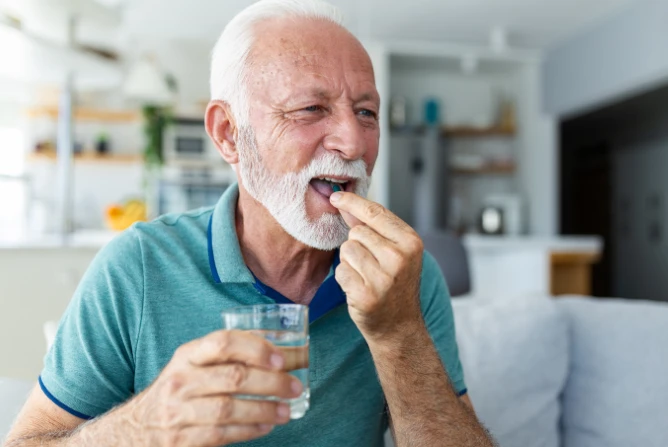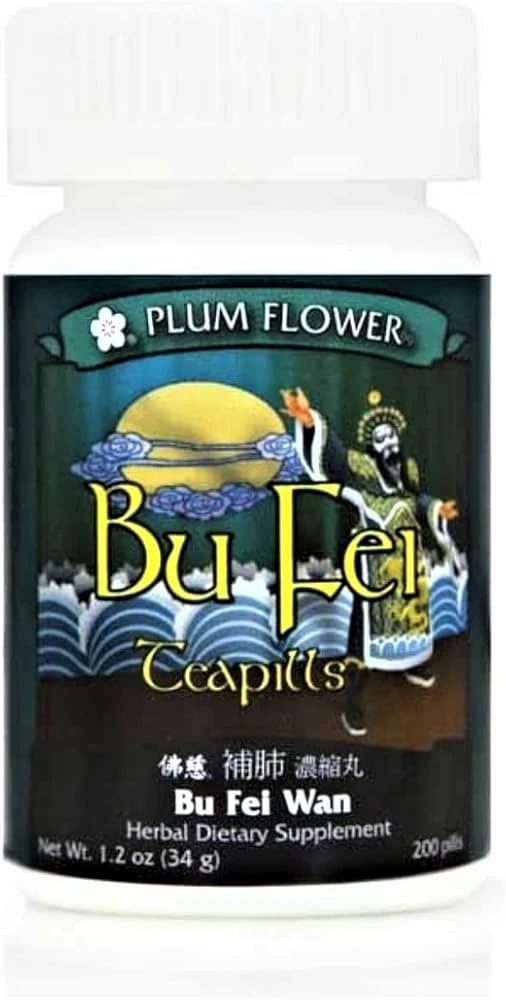Authored by Terrence Shenfield MS, RRT-ACCS, RPFT, NPS, AE-C
Testosterone is an essential hormone for men, influencing muscle mass, energy levels, and overall vitality. However, factors like age, stress, and lifestyle can lead to a decline in testosterone production. If you’re exploring natural ways to reclaim energy and confidence, this guide is tailored for you. From natural testosterone boosters to lifestyle changes and diet recommendations, here’s everything you need to know to increase testosterone naturally while enhancing your quality of life.
Why Testosterone Levels Matter
Testosterone plays a pivotal role in men’s health, driving muscle growth, maintaining bone density, and supporting mental and physical energy levels. Low testosterone (also called Low T) can lead to fatigue, weight gain, reduced libido, and even depression. While medical interventions are available, natural methods to boost testosterone are safe, effective, and improve your overall health.
Benefits of Increasing Testosterone Naturally
Choosing natural approaches isn’t just about boosting testosterone; it also optimizes your overall well-being. Here’s what you can expect when you prioritize natural methods:
- Enhanced Physical Energy: Feel more alert and active throughout your day.
- Improved Muscle Strength: Testosterone fuels muscle growth, improving strength gains with workouts.
- Better Mood and Mental Focus: Balanced hormone levels contribute to a sharp mind and mood stability.
- Support for Long-Term Health: Natural methods improve not only testosterone but overall body systems, from cardiovascular health to bone strength.
Explore science-backed ways to improve your health further at ATECAM Health & Wellness.
Foods to Boost Testosterone
Small dietary changes can have a big impact on hormone production. Staples like processed foods and added sugars can suppress testosterone levels, while incorporating certain ingredients can help boost them.
Top Foods to Boost Testosterone:
- Eggs: Packed with vitamin D and protein, eggs are one of the best foods to support your testosterone levels.
- Spinach: High in magnesium, spinach helps regulate testosterone production.
- Nuts and Seeds: Almonds, walnuts, and flaxseeds offer critical fats and nutrients that promote better hormone health.
- Beef: Lean beef, in moderation, is rich in zinc and iron, essential minerals aiding testosterone production.
- Fatty Fish: Foods like salmon and mackerel are high in omega-3 fatty acids, improving blood flow and increasing testosterone.
For more insights into dietary wellness, visit ATECAM’s Men’s Health Category.
Testosterone-Boosting Exercises
Regular exercise is one of the most effective and immediate ways to increase testosterone naturally. Not all workouts are created equal, so focus on those that stimulate significant hormonal responses.
Effective Testosterone-Boosting Exercises:
- Strength Training: Lifting weights has been shown to increase testosterone levels. Focus on compound movements like deadlifts, squats, and bench presses.
- High-Intensity Interval Training (HIIT): Short bursts of intense activity followed by rest can significantly boost testosterone and improve cardiovascular health.
- Bodyweight Exercises: If you’re not into lifting, bodyweight movements like push-ups, pull-ups, and planks can also stimulate testosterone.
- Sprint Training: Incorporate sprints into your cardio for a quick testosterone rise.
Lifestyle Choices and Habits for Natural Testosterone Boosters
Beyond diet and exercise, your daily habits can either support or hinder your testosterone levels. Adopting a healthier lifestyle brings benefits far beyond testosterone.
Habits to Boost Testosterone Naturally:
- Sleep Well: Aim for 7–9 hours of quality sleep a night. Poor sleep decreases testosterone significantly.
- Manage Stress: Minimize stress through mindfulness, meditation, or yoga. Cortisol, the stress hormone, inhibits testosterone production.
- Cut Back on Alcohol: Reduce alcohol consumption to avoid interference with testosterone secretion.
- Stay Hydrated: Dehydration negatively impacts many body systems, including testosterone.
- Lose Excess Weight: Obesity and higher fat percentages can reduce testosterone levels. Healthy eating and regular exercise can reverse this.
Learn how to transform your habits with expert-curated strategies at ATECAM.
Supplements as Natural Testosterone Boosters
Sometimes, a healthy diet and active lifestyle need additional support. Certain natural supplements are excellent natural testosterone boosters when used responsibly and paired with healthy choices.
Common Natural Testosterone-Boosting Supplements:
- Zinc: Found in many testosterone-boosting foods, zinc supports hormone synthesis.
- Vitamin D: Known as the “sunshine vitamin,” vitamin D plays a role in testosterone regulation.
- Ashwagandha: This adaptogen is believed to reduce stress and boost testosterone indirectly.
- Fenugreek: Studies suggest fenugreek supplementation can increase testosterone naturally.
- Magnesium: Found in nuts and leafy greens, magnesium supports testosterone production.
Before incorporating supplements, consult a healthcare provider to ensure they meet your needs and don’t interfere with existing conditions.
Unlock Holistic Health Benefits Today
Integrating these natural testosterone boosters into your daily routine isn’t just about improving testosterone levels; it’s about achieving a healthier, more fulfilling life. A lifestyle encompassing balanced eating, active living, and stress management enhances your body’s natural ability to regulate testosterone and supports overall wellness.
Interested in learning more about men’s health? Click here to explore ATECAM’s Men’s Health, where you’ll find expert advice to help streamline your health journey.
References
- Harvard Health Publishing. Testosterone and Aging. Available at https://www.health.harvard.edu
- Journal of Clinical Endocrinology & Metabolism. The Effects of Magnesium Supplementation on Testosterone.
- Mayo Clinic. Low Testosterone Tips and Treatment Suggestions. Available at https://www.mayoclinic.org
- National Institutes of Health (NIH). Vitamin D & Testosterone Production.
- Healthline. Natural Testosterone Boosters for Men. Available at https://www.healthline.com



